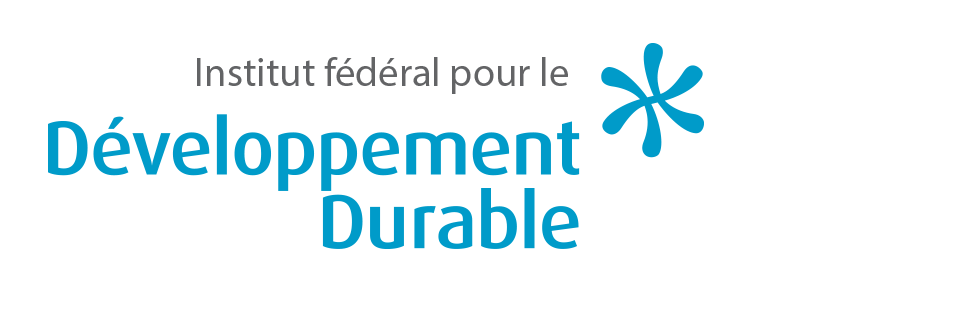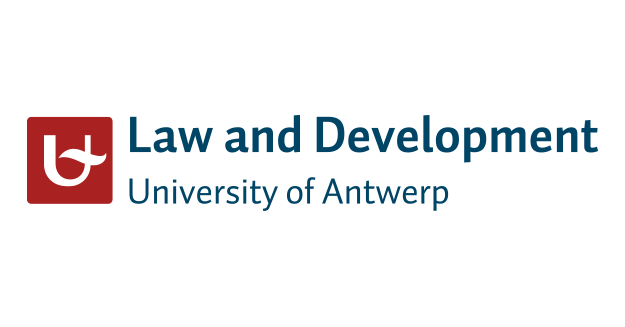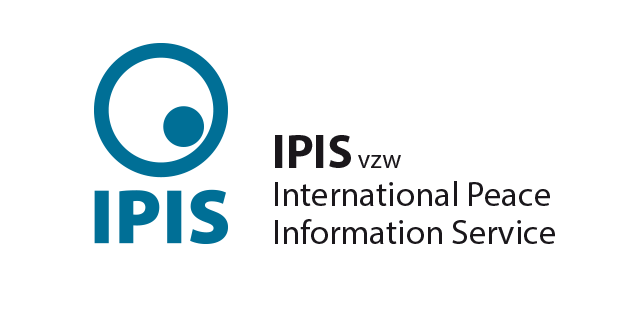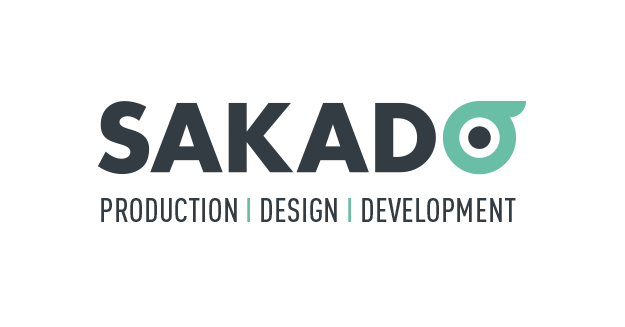8 Diligence raisonnable en matière de droits de l’homme et des évaluations d'impact
Où peut-on trouver les lignes directrices et les cadres pertinents en matière de diligence raisonnable dans le domaine des droits de l'homme?
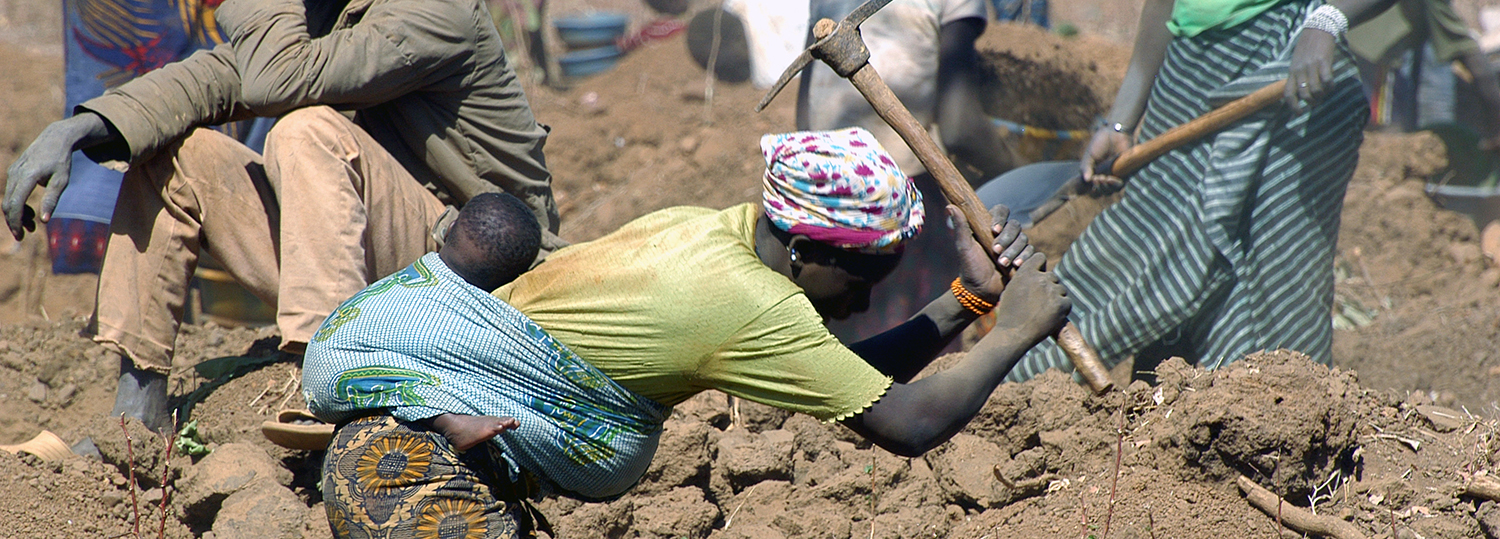
Cette page contient deux types de sources. Tout d'abord, les sources explicitement mentionnées dans les pages précédentes ("quoi ?", "pourquoi ?" et "comment ?"), avec les hyperliens correspondants pour consultation ultérieure. Elles sont organisées par l'institution qui les a publiées. Ensuite, il y a une bibliographie consultée pour rédiger l'outil, qui peut être utile pour des recherches plus approfondies sur le sujet.
- Organisation des nations unies (ONU)
-
- Diligence raisonnable
-
ONU : La responsabilité des entreprises de respecter les droits de l’homme Guide interprétatif (2012)
UN Global Compact Sustainable Supply Chains website
A Structured Process To Prioritize Supply Chain Human Rights Risks 2015
Supply chain sustainability – a practical guide for continuous improvement 2015
- Évaluations d'impact sur les droits de l'homme
-
Les Droits de l’enfant dans les Évaluations d’impact (2013)
Human Rights Impact Assessments. A Study commissioned by the Nordic Trust Fund and The World Bank 2013
IFC Performance standards on environmental and social sustainability 2012
- Organisation de Coopération et de Développement Économiques (OCDE)
-
Principes directeurs de l'OCDE à l'intention des entreprises multinationales (2011)
Guide OCDE sur le devoir de diligence pour une conduite responsable des entreprises (2018)
- Union européenne (UE)
-
- Diligence raisonnable
- Évaluations d'impact sur les droits de l'homme
-
- Belgique
-
Plan d’action national entreprises et droits de l’homme (2017)
Code belge de gouvernance d'entreprise (2009)
- Initiatives dans d'autres pays
-
- Diligence raisonnaible
-
France – relative au devoir de vigilance des sociétés mères et des entreprises donneuses d'ordre (2017)
- Évaluations d'impact sur les droits de l'homme
-
The Danish Institute for Human Rights - HRIA Guidance and Toolbox 2015
Institute for Human Rights and Business resource center on supply chains
- Initiatives non-étatiques
-
- Diligence raisonnable
-
CSR Europe
CSR Europe’s Toolbox – User Manuel 2013
Blue print for Embedding Human Rights in Key Company Functions 2016
British Institute of International and Comparative Law and Norton Rose Fulbright
Making sense of managing human rights issues in supply chains 2018
Shift
Bringing a human rights lens to stakeholder engagement 2013
From audit to innovation: advancing human rights in global supply chains 2013
Respecting Human Rights Through Global Supply Chains 2012
Institute for Human Rights and Business
Institute for Human Rights and Business resource center on supply chains
SOMO
Responsible Supply Chain Management – Potential Success Factors and Challenges for Addressing Prevailing Human Rights and other CSR Issues in Supply Chains of EU-based Companies.2011, SOMO and CREM, study funded by the European Commission
- Évaluations d'impact sur les droits de l'homme
-
IMPACT Project Consortium, funded by the European Union
BSR
Conducting an effective human rights impact assessment 2013
Oxfam and FIDH
- Références
-
- Aets, study funded by the European Commission (2016), Study on the responsible management of the supply chain in the garment sector
- Business and Human Rights Resource Centre, Human Rights Due Diligence Section
- Danish Institute for Human Rights, Sector-wide impact assessments
- Global Compact Network Netherlands, Oxfam, Shift, (2016), Doing business with respect for human rights
- LeBaron, G., Lister, J. & Dauvergne, P. (2017). Governing Global Supply Chain Sustainability through the Ethical Audit Regime. Journal Globalizations Volume 14, Issue 6.
- Malloy, M., United Nations Global Compact (2017), Addressing Adverse Human Rights Impacts Connected to Product Misuse. A Good Practice Note endorsed by the United Nations Global Compact Human Rights and Labour Working Group on 31 May 2017
- OECD, SIPA Columbia (2016), Quantifying the Costs, Benefits and Risks of Due Diligence for Responsible Business Conduct Framework and Assessment Tool for Companies
- Smit, L., United Nations Global Compact (2017), Human Rights good practice for business operating in areas with violent crime. A Good Practice Note endorsed by the UN Global Compact Human Rights and Labour Working Group on 31 May 2017
- The Economist Intelligence Unit (2017) No more excuses. Responsible supply chains in a globalised world
- UN Global Compact Network Germany (2016), Assessing human rights risks and impacts
- World Business Council for Sustainable Development (update August 2018), Analysis of the Business and Human Rights Landscape

